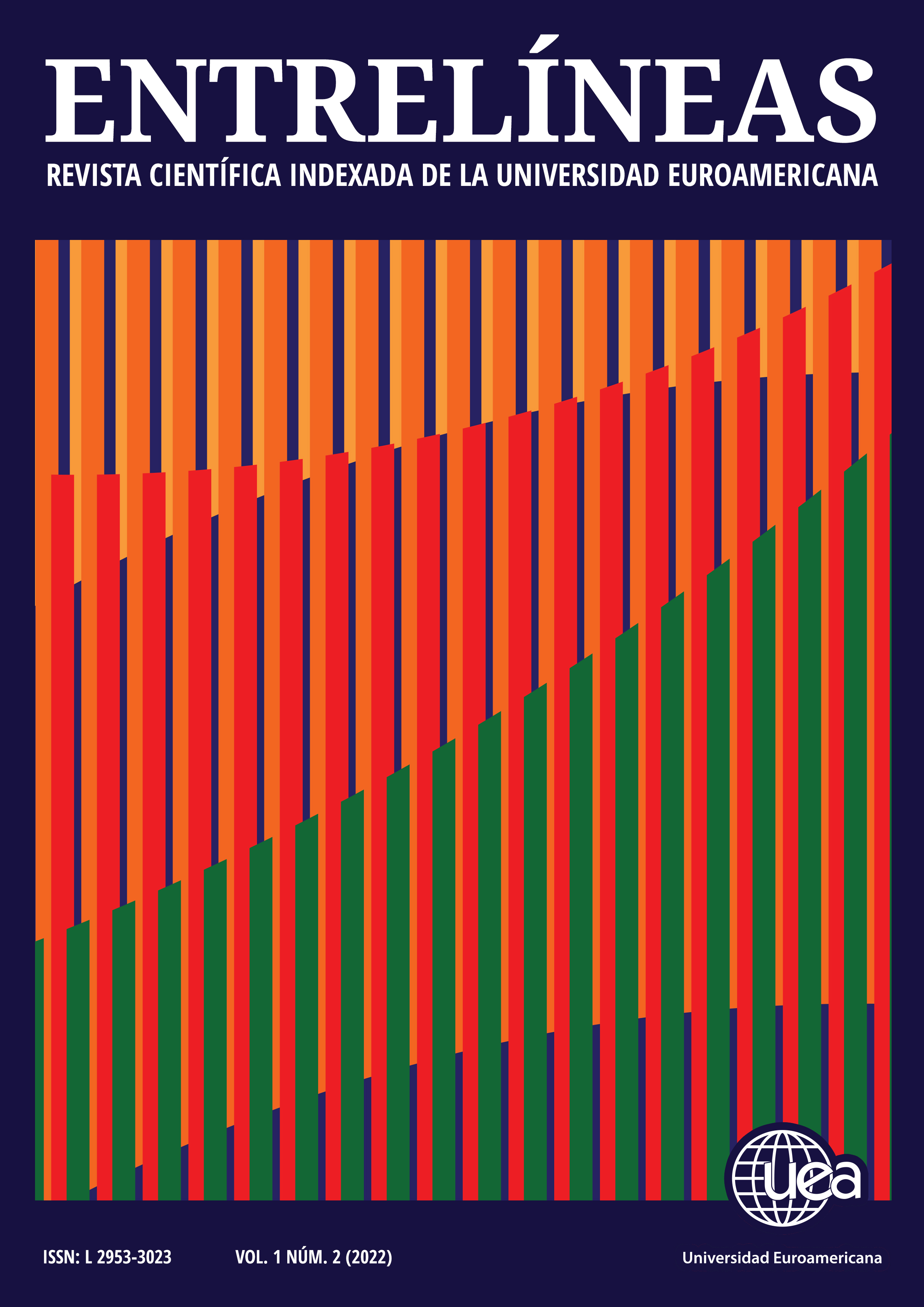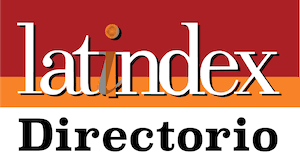Tutorial processes in virtual environments, a netnographic approach to knowledge management
DOI:
https://doi.org/10.56368/Entrelineas127Keywords:
Tutorial processes, virtual environments, netnography, knowledge managementAbstract
Society, within the transit of development and evolution, has created an indexicality of continuous reconfiguration in response to its demands, historiographic heritage, interests and intersubjective identity; transcomplex process that not only hatches a new reality, but a neoepisteme, limited to the enhancement of technologies, their components and digital environments, whose meaning converges in virtual contexts, with it, the investigative production, requiring tutorial skills, to guide the studies within the concretion of that cybersociety - cyberculture, determining factors in the reconstruction of the sociocognitive sense, starting from the individual behind the online event, whose eidetic matrix generates the true essence of the epochal dynamics. Entropic circumstances that allowed declaring as prospecting, understanding the dialogical interactions that originate the tutorial processes in virtual environments, from a netnographic approach in knowledge management in postgraduate students, belonging to the National Open University, Portuguese Local Center. Its referential system is based on the digital anthropology of Sherry Turkle (2004), the dialogic tutorial of José Llovera (2021) and the social construction of Kenneth Gergen (2007). The paradigmatic vision integrates the interpretive multi-existentiality, articulated in virtual ethnography. The information gathering instrument was the interview script, whose units of analysis were categorized, structured and triangulated under a mixed conception. As a finding, an introspection of the interaction of the tutors in online communities was achieved, evidencing a profitable singularity, emerging the style of thought in each researcher subject, by glimpsing their cognitive phrase in the interventions, which generates confidence in the domain of their capabilities, opening up constructive autonomy.
Downloads
References
Cabero, J. (2007). Nuevas tecnologías aplicadas a la educación. Mc Graw Hill.
Del Fresno, M. (2011). Netnografía. Investigación, análisis e intervención social online. Editorial UOC.
Gergen, K. (2007). Construccionismo social, aportes para el debate y la práctica. Universidad de los Andes.
Husserl, E. (1982). La idea de la fenomenología. Fondo de Cultura Económica.
Llovera, J. (2021). El tutor y su concepción metodológica, una redimensión paradigmática desde el estilo de pensamiento del sujeto investigador. [Tesis Doctoral] Universidad de Carabobo. http://mriuc.bc.uc.edu.ve/bitstream/handle/123456789/8878/jlovera.pdf? sequence =2
Mesa, J., Parra, M. y Cedeño, G. (2021). Entorno de tutoría virtual: una alternativa para dinamizar los procesos de investigación científica. Revista Conrado. 17. https://www.researchgate.net/publication/356266971
Pere, M. (2000). Qué es el software educativo. http://peremarques.pangea.org/tic.htm
Ruíz, C. (2006). Como llegar a ser un tutor eficiente. Un enfoque estratégico en la elaboración de Tesis de Grado. Santillana-UPEL.
Heisenberg, W. (1974). Física y filosofía. Antwan.
Turkle, S. (2004). Nuestras pantallas divididas. Comunidad en la era digital: filosofía y práctica. Basic Books.
Downloads
Published
Issue
Section
License

This work is licensed under a Creative Commons Attribution-NonCommercial 4.0 International License.
You are free to:
- Share — copy and redistribute the material in any medium or format
- Adapt — remix, transform, and build upon the material
- The licensor cannot revoke these freedoms as long as you follow the license terms.
Under the following terms:
- Attribution — You must give appropriate credit , provide a link to the license, and indicate if changes were made . You may do so in any reasonable manner, but not in any way that suggests the licensor endorses you or your use.
- NonCommercial — You may not use the material for commercial purposes .
- No additional restrictions — You may not apply legal terms or technological measures that legally restrict others from doing anything the license permits.









